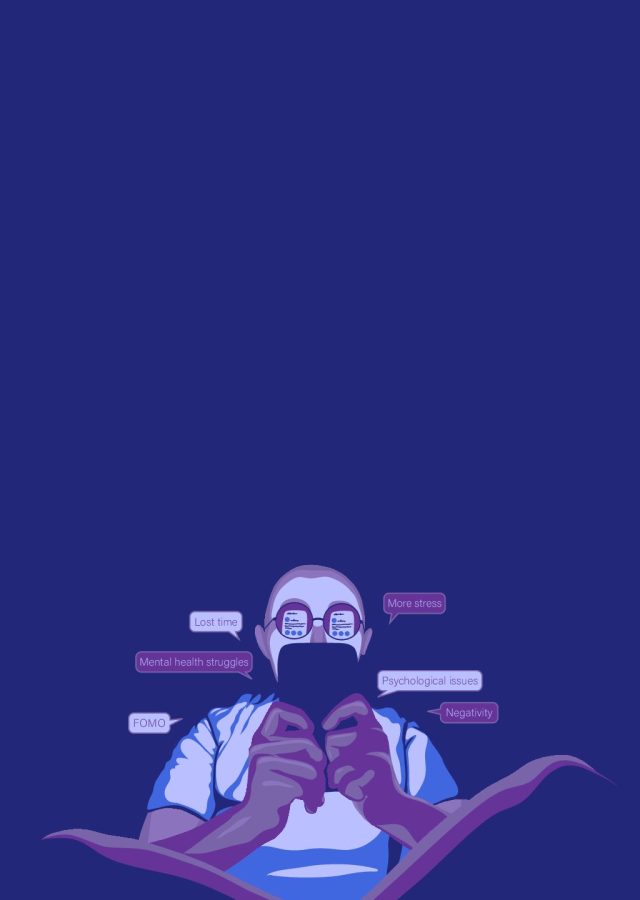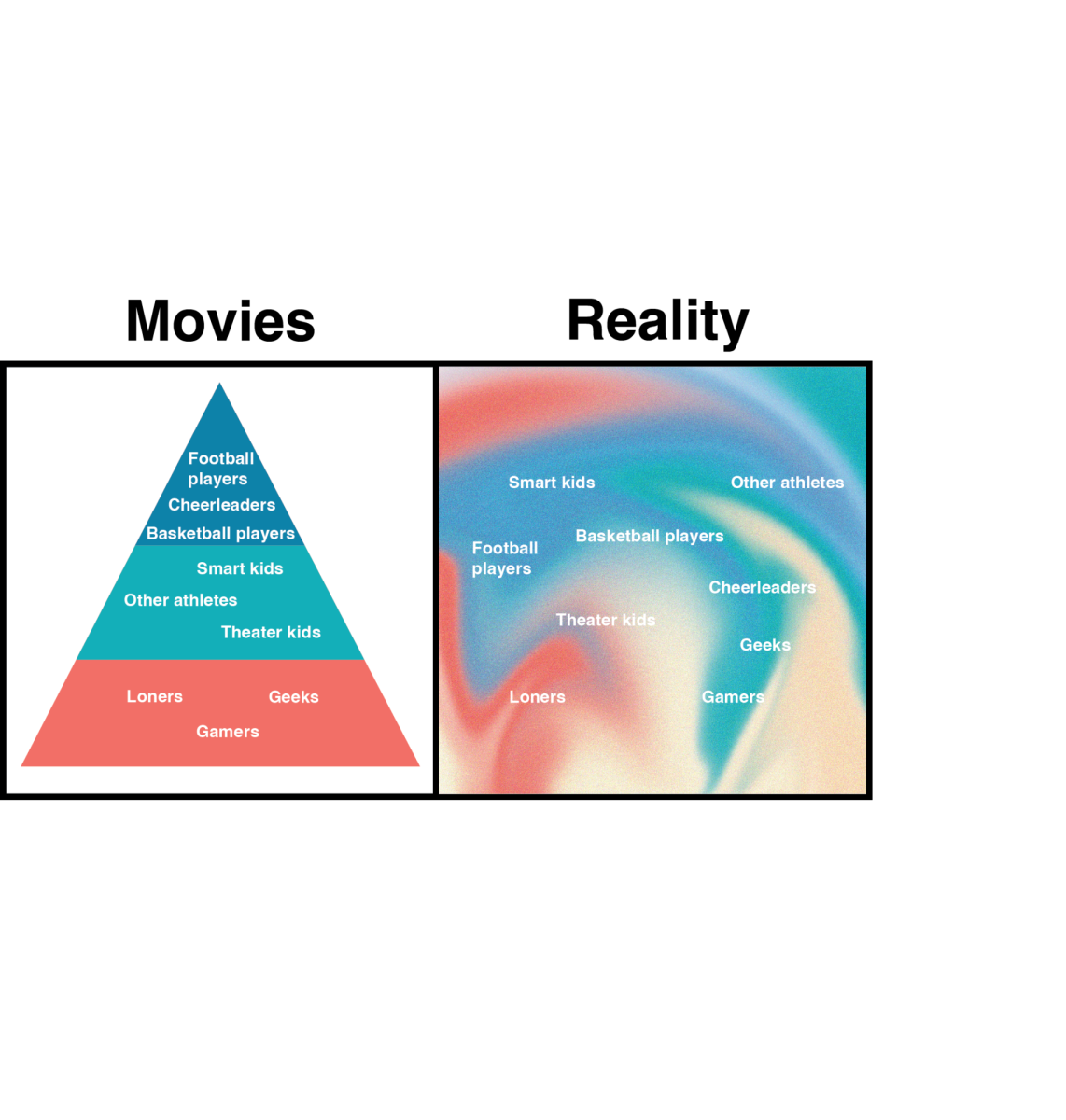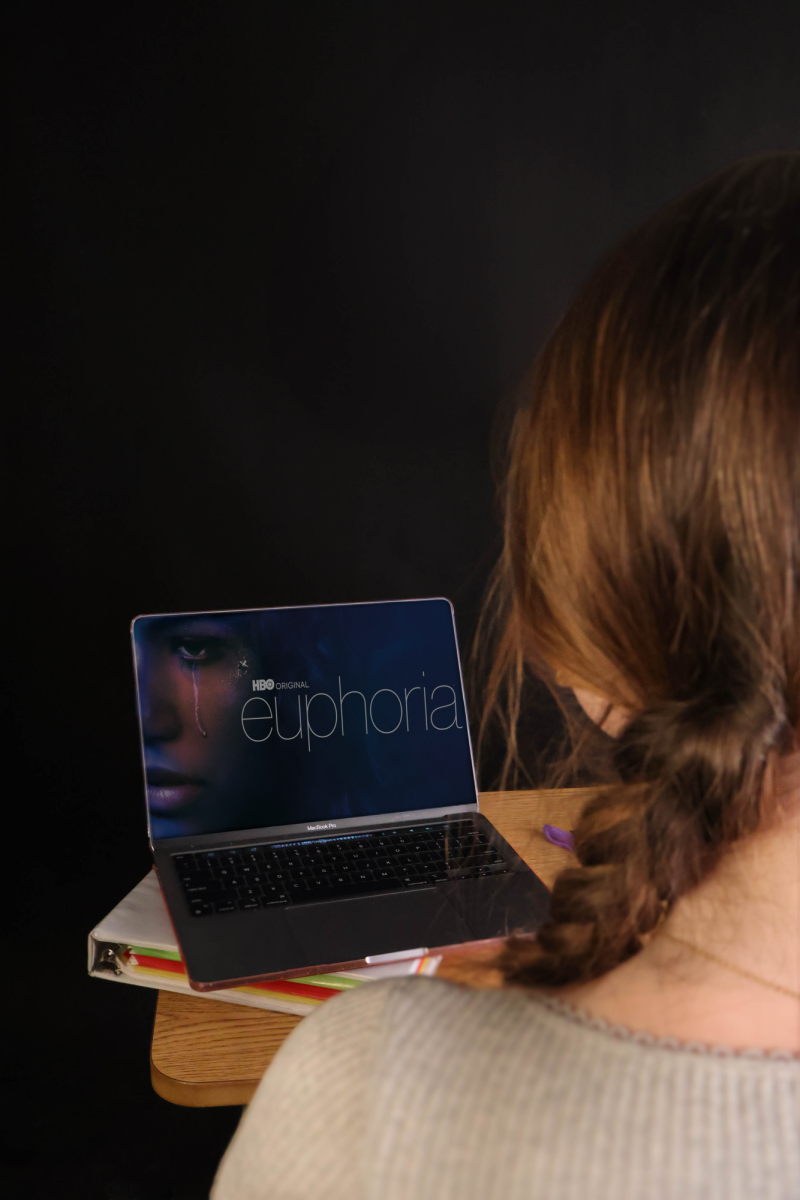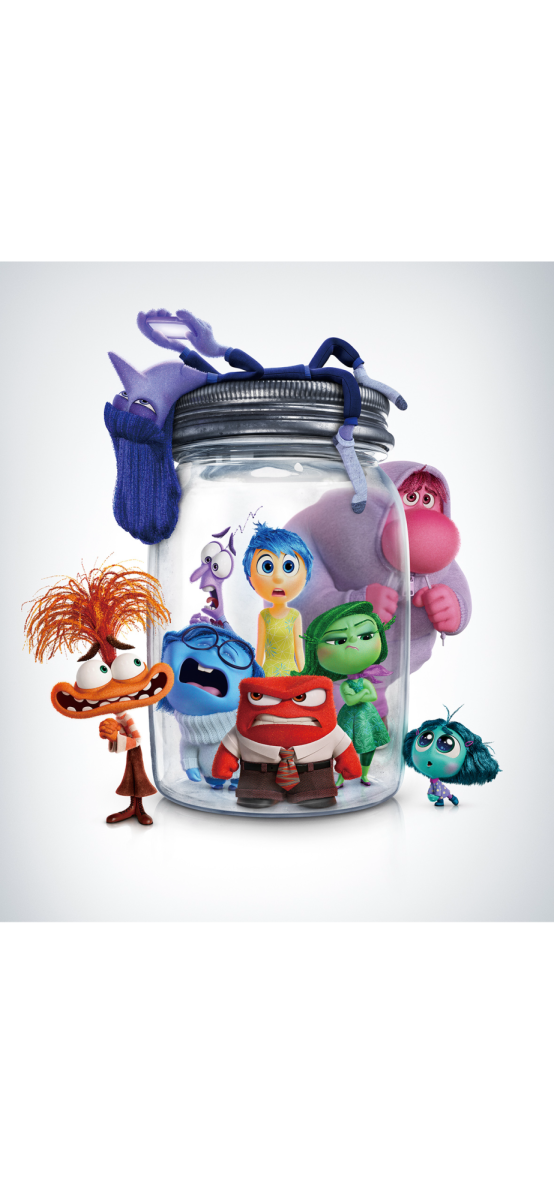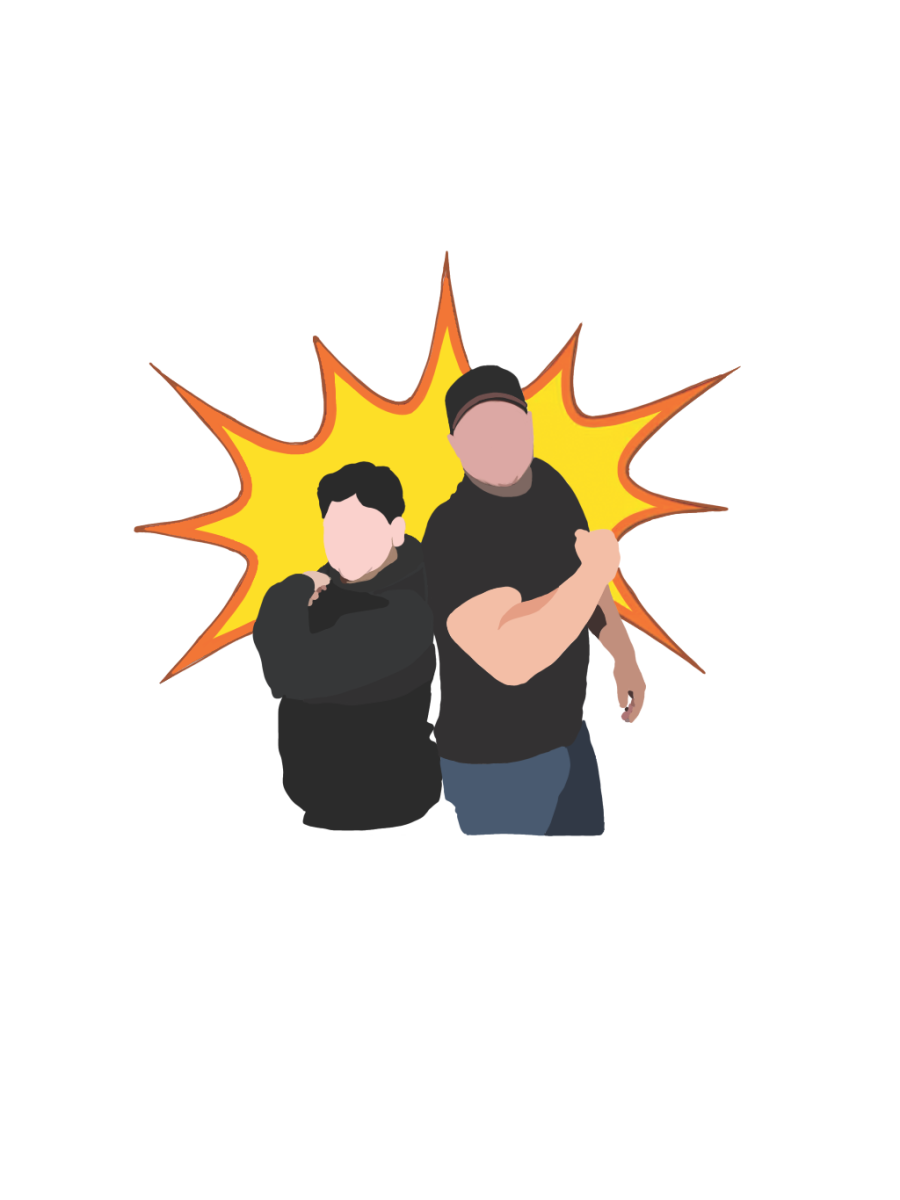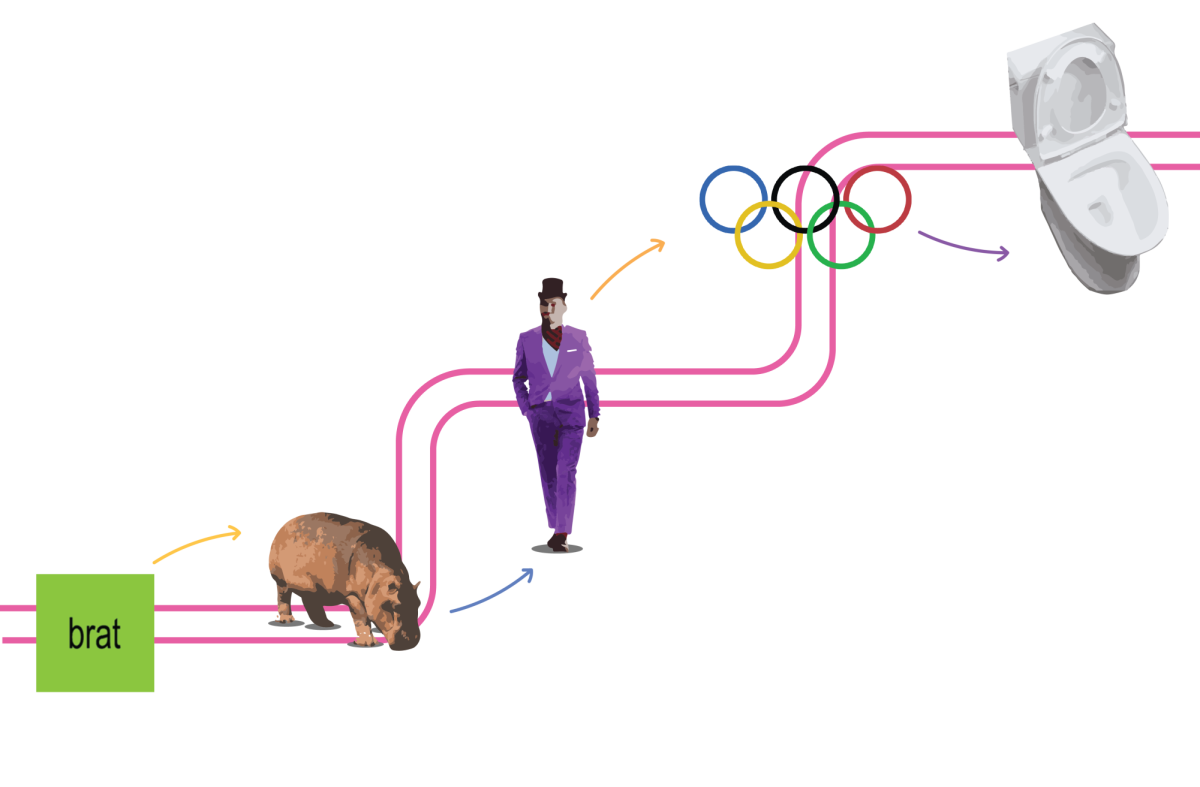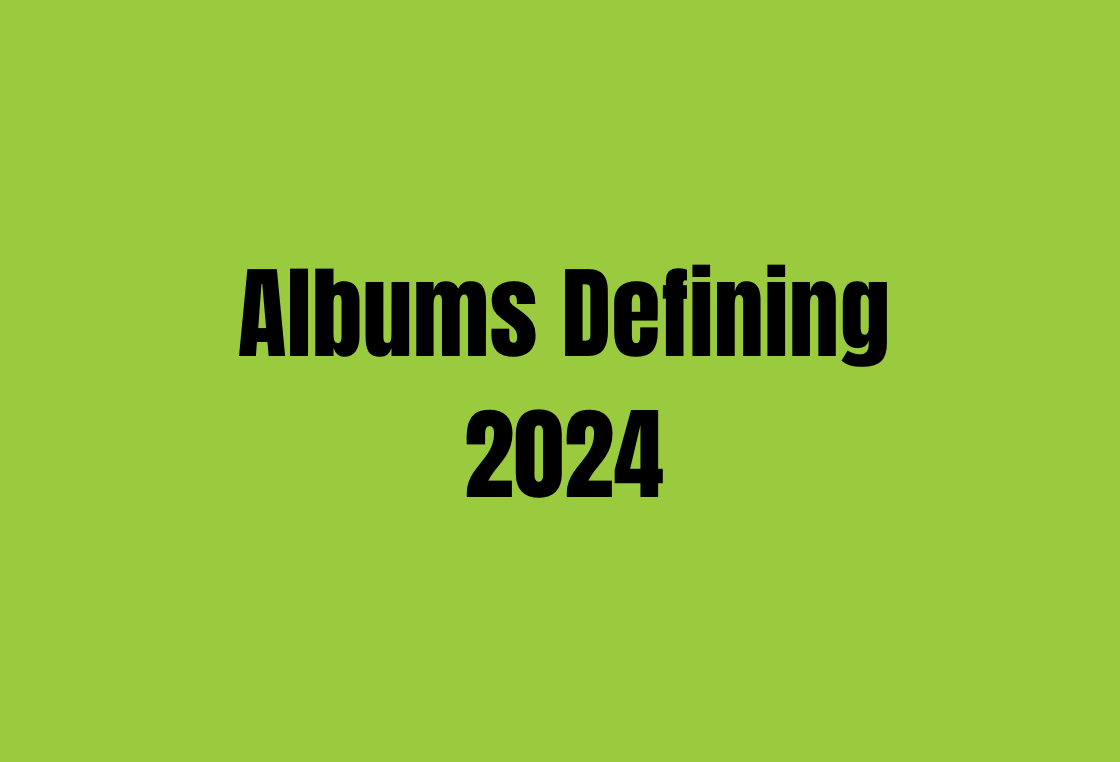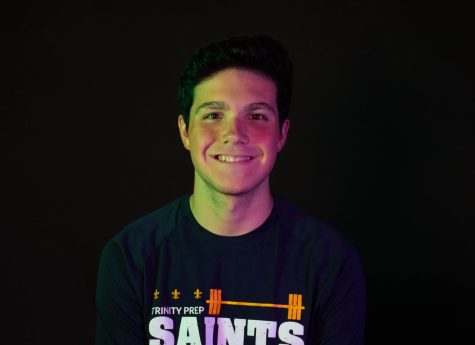This past June, as junior Raheel Patel got ready for bed, he desperately wanted to check social media, but he realized that he cannot: he’s taking a social media detox for three weeks. A digital detox entails stepping away from electronic devices anywhere from a couple of days to a couple of months so everyday tasks such as checking social media, emails and watching Netflix would all be avoided.
According to an article by Cleveland Clinic, participants of a digital detox are more likely to have sharper focus, less stress, better social interactions and more control of their time.
Patel participated in a social media detox with some of his friends, they realized that they were spending too much time on social media and couldn’t finish the things that need- ed to be done, such as working out, starting a new hobby and studying for the SAT. Despite Patel’s attempts in the past to limit his time in social media, they were all ineffective as he would eventually end up redownloading the apps he had deleted.
Raheel’s attempts to get his friends to join his detox were often ignored and his experiences reveal many teens’ reluctance to take part in this. Although teenagers are reluctant to participate, social media seems to be doing them harm, as according to The Small Busi- ness Blog, almost 27% of teenagers who use social media for more than three hours a day deal with psychological issues, along with an increased rate of suicidal thoughts.
Instructional Design Specialist Natalie Galed attempted a digital detox years ago, and it didn’t go so well. Because she uses social media as a way to connect with people who have moved away, a digital detox significantly impacted her social life.
“I found that I had depended so much for my social life, to be connected to people through social media, that when I got off of social media, I was actually stopping talking to people,” Galed said.
Galed also said that while being on social media, there are the added possibilities of figuring out whether or not you need to attempt a digital detox, due to the harsh environment that social media can be at times.
“I don’t think that social media is the bad entity and it’s more about what we’re exposing ourselves to,” Galed said. “I think that if you’re interested in a detox, or getting off completely, that part of it is realizing what you like about being on social media.”
An article by Boys and Girls Clubs of America says that about 22 million teens log onto Instagram each day and that teens who struggle with mental health often feel obligated to go on Instagram, as they don’t want to get be- hind on social media “trends.”
“Going through [the digital detox] with three other guys, [the digital detox] was way better,” Patel said.
Without social media, he worked out more, read more, spent more time outside and spent more time with his family.
Patel said that in the future, if needed, he would try a digital detox again. He also said to make sure that you’re always occupied, as it was tempting to give in at night.
“[The digital detox] definitely made me realize that I gotta limit my social media usage,” Patel said. “So I would say it was successful.”




